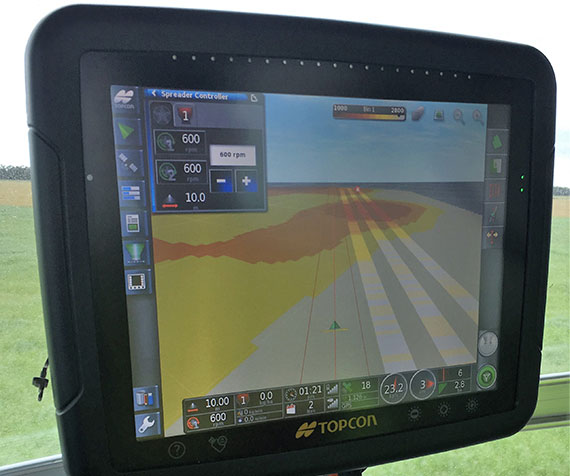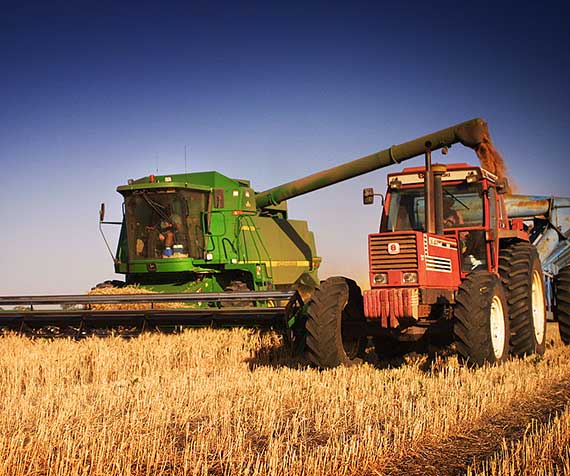
Precision Agriculture multi-year research partnership to advance agribusiness
.png) |
|
8 August 2017
Precision Agriculture, one of Australia’s most experienced agriculture technology providers, has initiated a three-year research collaboration with Federation University (Federation University) to accelerate the adoption of precision farming techniques in Australia.
This collaboration will see Precision Agriculture and Federation University’s Centre for eResearch and Digital Innovation (CeRDI) co-creating innovative digital agriculture, spatial mapping, data visualisation and decision support tools in response to farmer and farm adviser needs across broadacre cropping, horticulture, viticulture and pasture-based systems.
According to Precision Agriculture Chief Executive Officer, Ben Fleay, the partnership is a natural fit for both organisations.
“As pioneers of precision agriculture in Australia, we have a wealth of experience from small farming enterprises to the highest levels of industry,” he said.
“CeRDI’s expertise across knowledge management, spatial mapping, data interoperability and participatory geographic information system are all areas fundamental to precision agriculture.
“Our partnership will provide us with access to highly experienced researchers, technologists and social scientists. Together we will work to improve farm productivity and profitability while growing our precision agriculture services.”
 |
|
Variable Rate Technology for Applying Lime |
With operations around the country, Precision Agriculture supports more than 600 agribusinesses to drive increased farm productivity and sustainability through the practical application of spatial technologies.
CeRDI is a global leader in data interoperability and has developed many award-winning web-based spatial information and knowledge portals.
CeRDI Director, Assoc Prof Helen Thompson said the volume of digital data in Australian agriculture is growing exponentially, with much of it now collected by sensors.
“Data availability has vastly improved as governments and other public sector organisations adopt open data policies,” she said.
“Our research collaboration with Precision Agriculture provides a great example of how research impact can be fostered through long-term research collaboration with industry.”
“Our partnership will involve a series of applied, real-world projects focused on advancing agribusiness decision making through data, insight and action”.
The first project will concentrate on digital enhancements to Precision Agriculture’s business processes and customer solutions. Innovative approaches to agricultural data from disparate sources will be adopted using international standards for the interoperable exchange of data.
Internally held Precision Agriculture data, such as the many thousands of soil tests collected and analysed over the last twelve months will be combined with climate, terrain, soil, geology, geomorphology, drainage, satellite and other key data sets. This will enhance the evidence-base available to Precision Agriculture as a basis for recommendations in a range of variable rate nutrition and soil management solutions.
“One aim of this research is to link and connect multiple layers of data in digital platform which can be viewed easily and on demand by growers. In turn this information will drive more objective and timely decision-making such as variable rate applications of fertiliser, seed, fungicides, herbicides and other key crop inputs,” Ben Fleay said.
 |
Estimating variability in plant-available water across a paddock, based on weather, soil moisture and a range of spatial datasets collected by farmers (such as EM surveys, yield maps, NDVI images), when allowing for other parameters which drive variability (including soil chemistry, pH, sodicity and texture contrast soils) will be the focus of a second project.
A third area of research focus will be the development of real-world and practical use cases through a collaborative process with farmers and other end-users who understand the potential of new technologies to deliver desirable or exceptional outcomes.
Longitudinal research will also be undertaken by Federation University to monitor practice change impacts associated with digital agriculture adoption.
